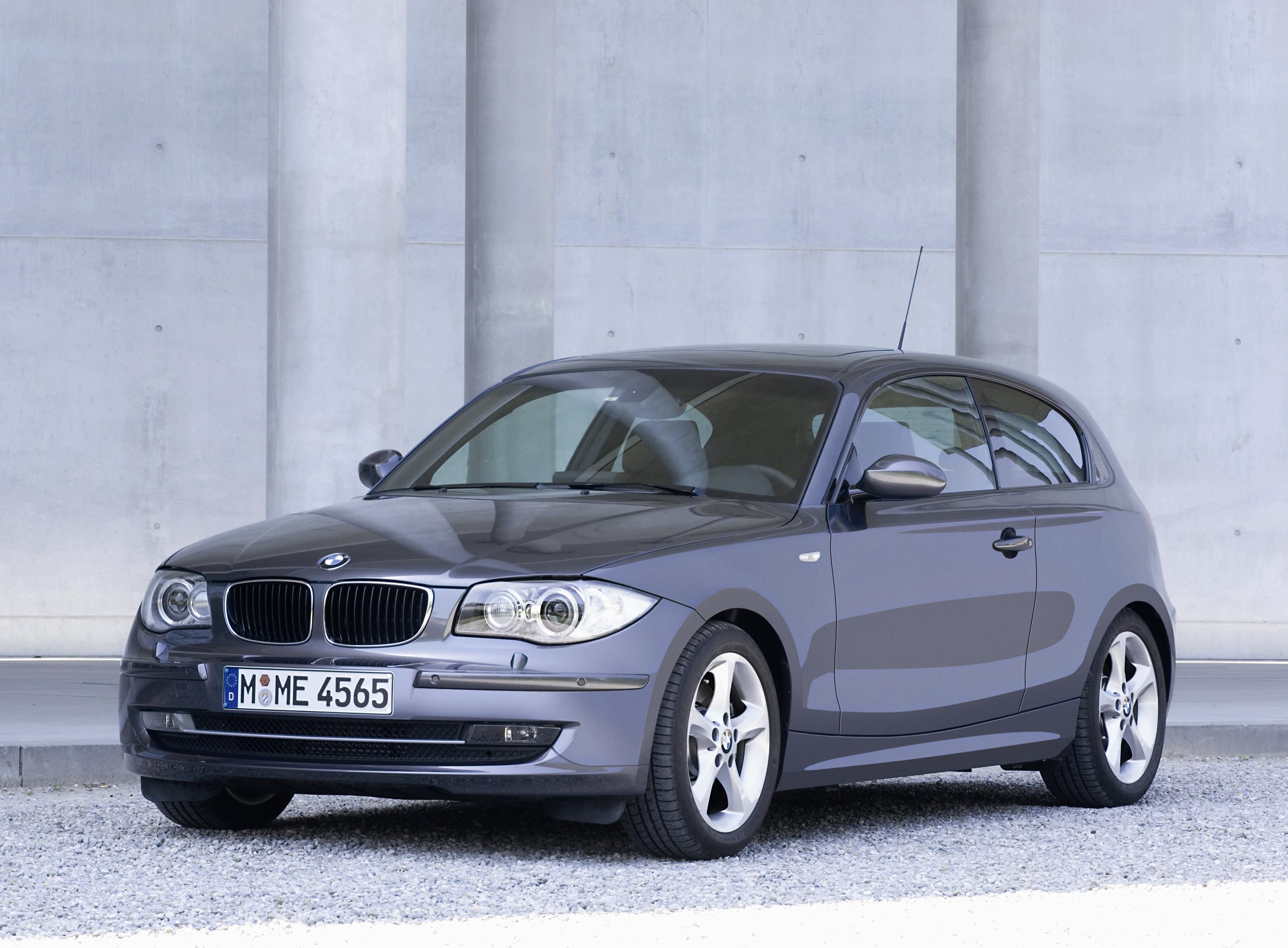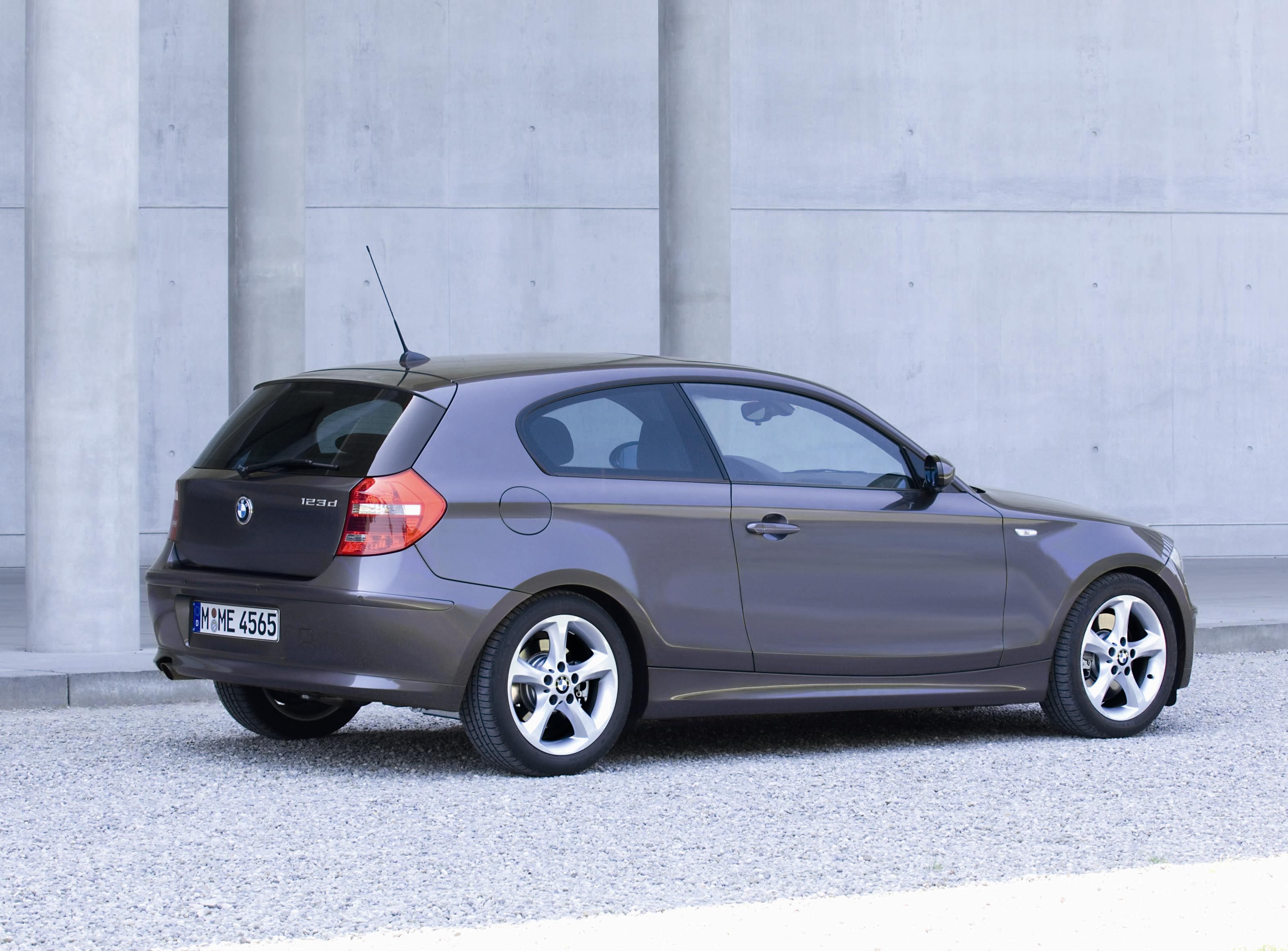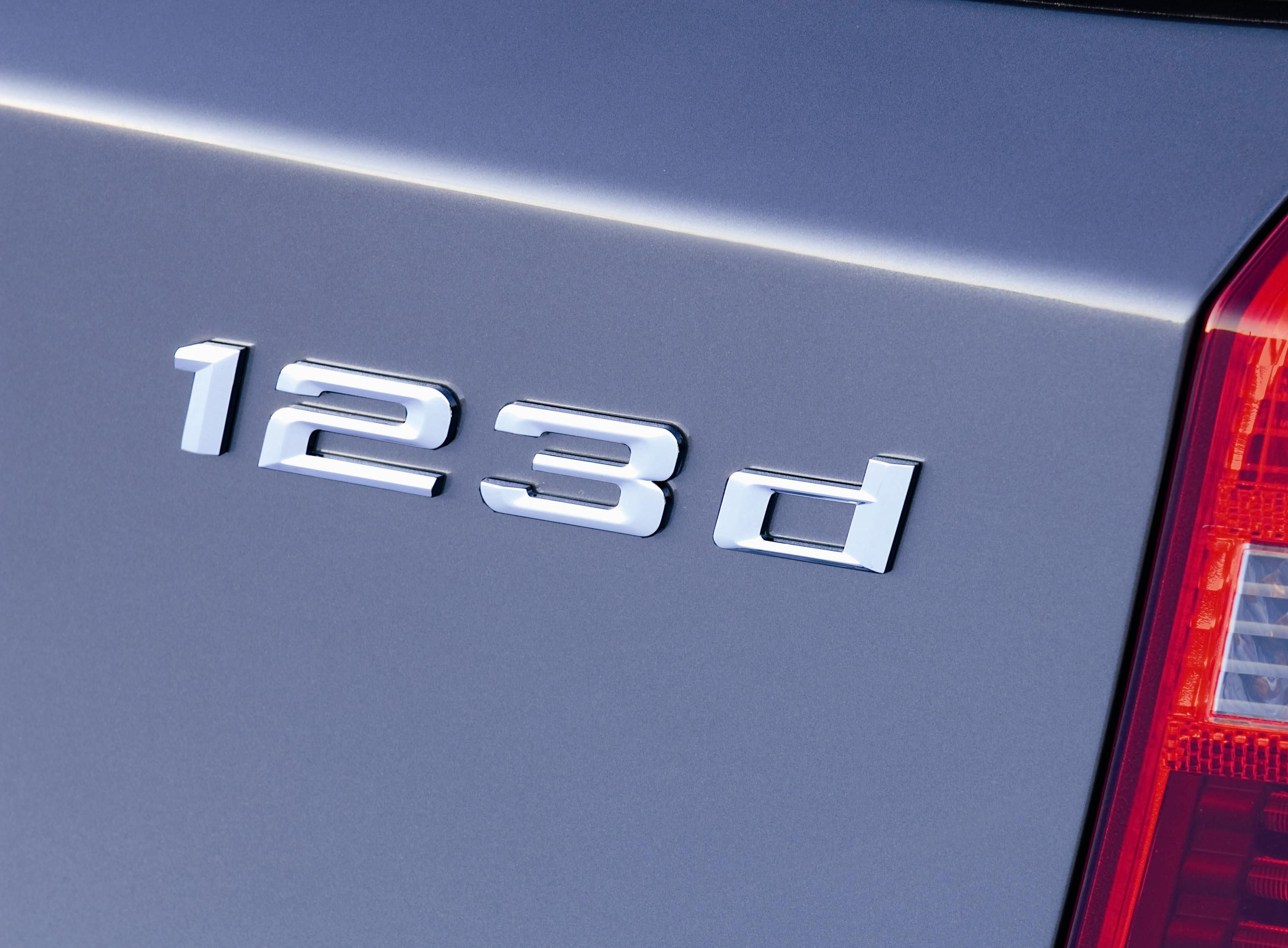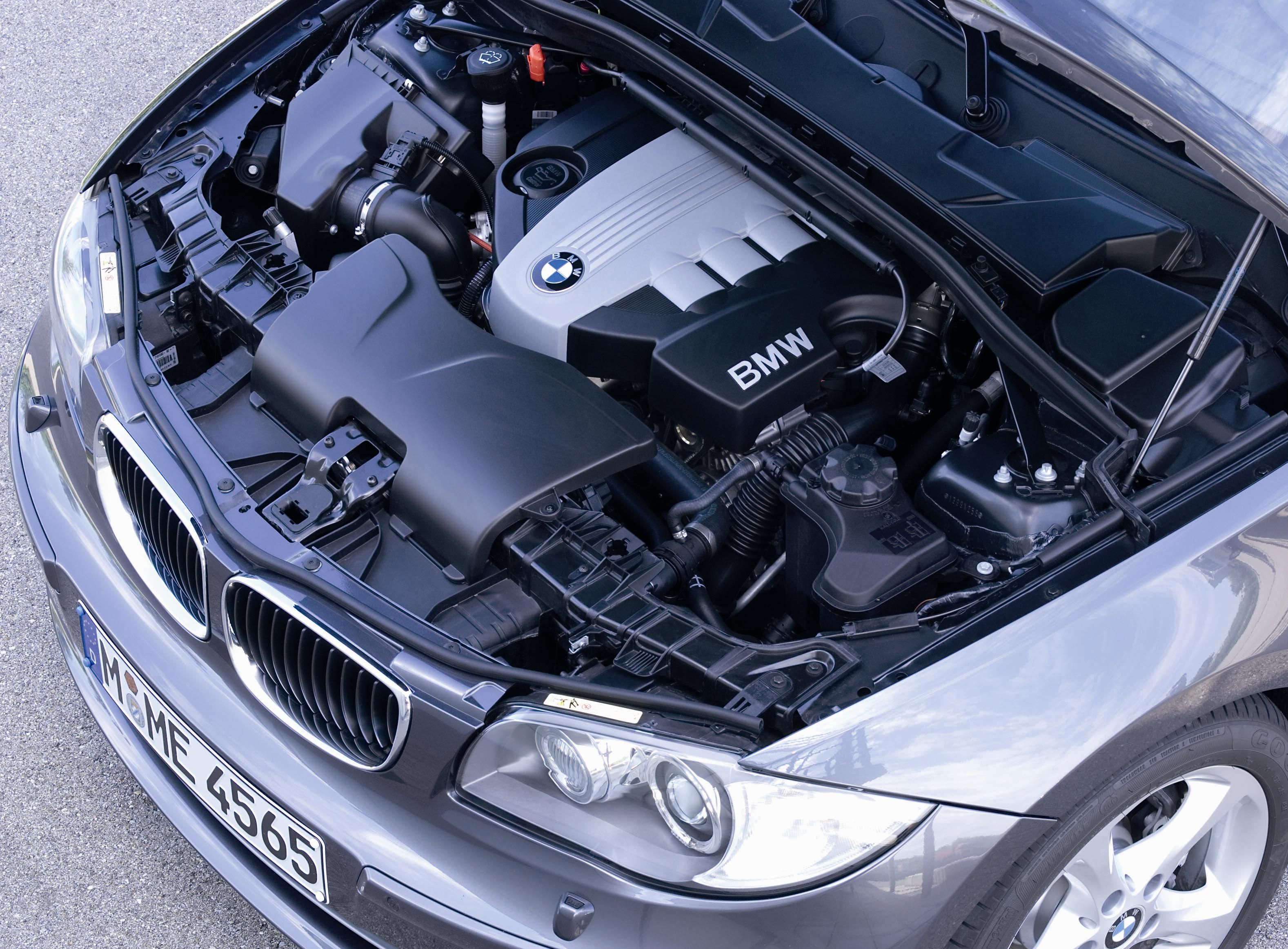BMW has unveiled the new generation of four-cylinder diesel engines in the 1-Series. With a capacity of 2.o liters the new four-cylinder diesel engine has a maximum output of 204 hp and a peak torque of 295 lbs-ft. The 123d makes the 0 to 60 mph sprint in just 6.7 seconds. It has an average consumption of 5.2 liters per 100 kilometers and the CO2 level is 138 g per kilometer. This makes the 123d the first large-series vehicle over 200 bhp whose CO2 output is below the 140 g level.
bmw-123d
- Make: Array
- Model: bmw-123d
2007 BMW 123d
- [do not use] Vehicle Model: Array
The strongest representative of the new BMW Diesel generation, the four-cylinder is an engine of the superlative. It is the first full aluminium diesel engine that reaches a liter achievement of more than 100 HP. Thus with an average consumption of 5,2 liters per 100 kilometers makes the 123d a goal in the BMW Efficient Dynamics development strategy.
The 123d is offering driving fun like no other Diesel model of its segment. But at the same time it is more economical than the far less high performance vehicles.
The driving experience in the new BMW 123d is substantially shaped by the spontaneous response and the intensive achievement developed by the engine. The maximum torque of 295 lbs-ft is available at an engine speed of 2000 rpm. The engine reaches its maximum output at 4400 rpm.
A BMW engine with a Variable Twin Turbo (VTT) system was first unveiled on the much stronger six-cylinder from the 5-series. Since then, this 268 hp engines are a real success on several series. In the 123d the VVT is used for the first time with a four-cylinder Diesel.
New rotor blades on the two turbochargers serve to enhance the efficiency of the VTT system, although the basic principle of VTT turbocharging remains unchanged: First, a small turbocharger cuts in at lower engine speeds, then a larger turbocharger additionally develops its effect as the driver calls up extra power and performance.
This combination of turbochargers masterminded by particularly efficient high-performance engine electronics guarantees outstanding power and performance in every situation. The system builds up significant turbocharger pressure from low engine speeds since the small turbocharger, thanks to its low inertia, cuts in spontaneously and compresses intake air right from the start.
As a result, the driver enjoys significant power and thrust even at low engine speeds just above idling. The large turbocharger initially supports the effect of the small turbocharger as a pre-compressor, then providing maximum torque of 295 lbs-ft all the way from 2000 rpm.
The BMW 123d is the third model from the 1-Series, but in the same time is the highest performance Diesel model. Its engine belongs - just like the drive units of the BMW 120d and the BMW 118d - to a new generation of four-cylinder diesel sets. Compared with the diesel engines of the previous generation the three new engines exhibit a weight over reduced up to 17 kilograms. This affects both on economy and the agility of the vehicle positively. With the new Diesel models the BMW 1er row provides the small weight of the engines for a particularly harmonious axle load distribution.
The four-cylinder engine is offered with Common Rail injection system. The diesel fuel is supplied by the way of a common line and is injected by Piezo injectors and under particularly high pressure into the combustion chambers. For the first time, a diesel engine reaches a pressure of 2000 bar. In this way a particularly precise dosage and an efficient burn of the fuel are ensured.
The BMW 123d makes the 0 to 60 mph sprint in 6.7 seconds (6.9 for the 5-doors version) and has a top speed of 147 mph.








